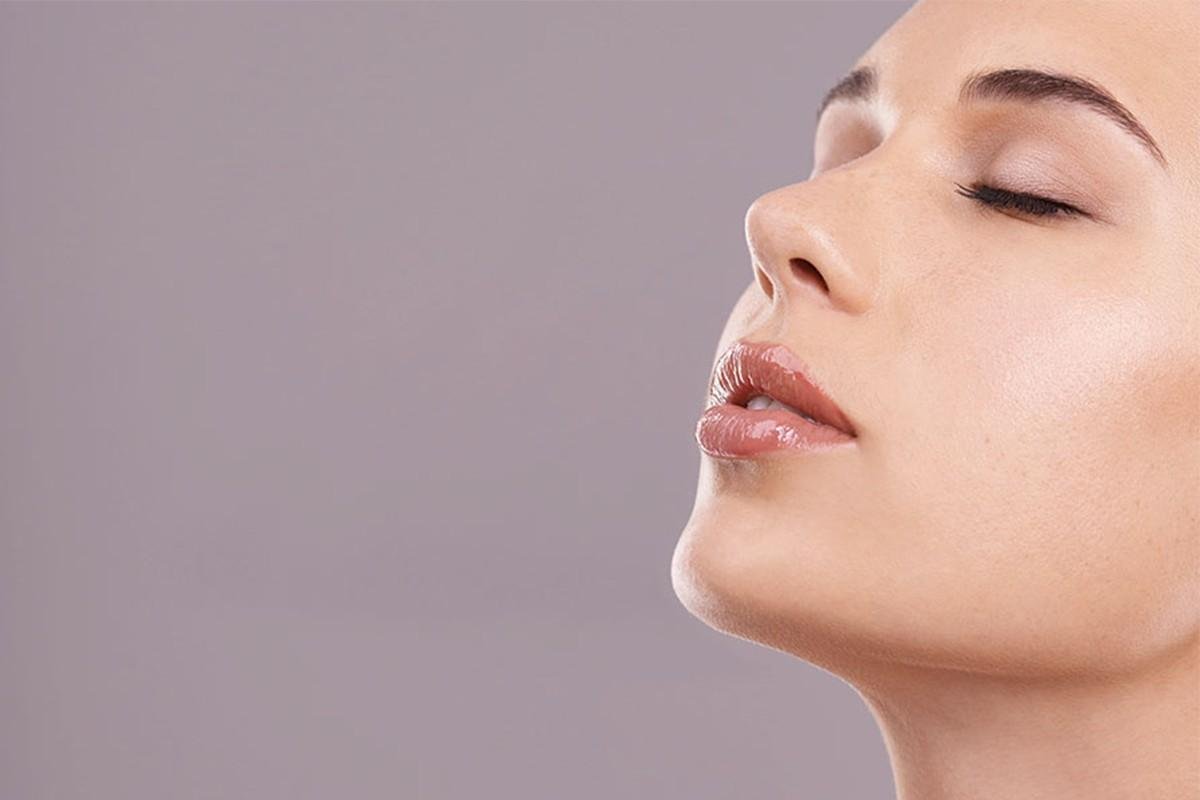-
Feed de Notícias
- EXPLORAR
-
Blogs
Is rhinoplasty haram in Islam?

In recent years, cosmetic surgery has become increasingly common, and one of the most popular procedures worldwide is rhinoplasty, commonly referred to as a “nose job.” Many individuals seek rhinoplasty to improve facial harmony, enhance self-confidence, or correct breathing problems. However, in Muslim communities, an important question arises: Is rhinoplasty haram in Islam? For those considering Rhinoplasty in Islamabad, understanding the Islamic perspective on this matter is essential.
Understanding the Concept of Halal and Haram
In Islam, every action is judged based on whether it aligns with the teachings of the Qur’an and Sunnah. Halal means permissible, while haram means forbidden. When it comes to medical and cosmetic procedures, Islamic scholars often analyze the purpose, intention, and potential consequences before declaring whether an action is halal or haram.
Rhinoplasty, therefore, cannot be judged in isolation—it depends on why it is being done, what the outcome is, and whether it harms the body unnecessarily.
The General Islamic Ruling on Changing Allah’s Creation
A key concern in Islamic discussions about cosmetic surgery is the idea of altering Allah’s creation. The Qur’an emphasizes that humans should not change what Allah has created without valid reasons. Some scholars interpret unnecessary cosmetic surgery as an act of vanity, which could fall under impermissible practices.
However, Islam also allows medical interventions and surgeries that relieve suffering, restore normal functions, or correct deformities. This distinction becomes central when discussing whether rhinoplasty is haram or permissible.
When Rhinoplasty May Be Considered Haram
Rhinoplasty may be viewed as haram under certain conditions:
-
Purely for Vanity or Imitation
If the surgery is solely done for vanity, to imitate celebrities, or out of dissatisfaction with Allah’s natural creation without genuine need, many scholars would consider it impermissible. -
Causing Unnecessary Harm
Islam prohibits self-harm. If the surgery poses significant risks to health and is undertaken without necessity, it could be considered haram. -
Wastefulness
Spending excessive wealth on unnecessary procedures may also be considered israf (extravagance), which is discouraged in Islam.
When Rhinoplasty May Be Considered Permissible
On the other hand, rhinoplasty can be permissible under Islamic law if it meets certain conditions:
-
Medical Necessity
If rhinoplasty is performed to correct breathing problems caused by a deviated septum or other structural issues, it is considered a treatment rather than vanity. Islam permits medical interventions that restore health and functionality. -
Correcting Deformities
If someone has a nose deformity due to birth defects, accidents, or trauma, undergoing rhinoplasty may be seen as a way to restore the body to its natural state. This is often viewed as permissible since it removes hardship. -
Psychological Well-Being
In cases where an abnormal nasal shape causes significant emotional distress, leading to anxiety or low self-esteem, some scholars permit rhinoplasty to improve quality of life. Islam recognizes psychological well-being as part of overall health.
Scholarly Opinions on Cosmetic Surgery in Islam
Islamic scholars have differing opinions on cosmetic procedures, including rhinoplasty:
-
Conservative View: Some scholars strongly oppose all forms of cosmetic surgery for beautification purposes, considering them unnecessary alterations of Allah’s creation.
-
Moderate View: Others argue that surgeries that restore normal appearance or function, and do not involve extreme vanity, can be permissible.
-
Contextual Approach: Many modern scholars take a case-by-case approach, considering the intention, medical need, and overall benefits or harms before passing judgment.
Balancing Faith and Personal Needs
For Muslims considering rhinoplasty, the decision should balance faith, necessity, and personal well-being. Asking oneself the following questions may help:
-
Is the surgery addressing a genuine medical or psychological need?
-
Am I doing this for myself or merely to follow beauty trends?
-
Have I consulted a knowledgeable Islamic scholar for guidance?
-
Am I fully aware of the risks and benefits of the surgery?
By carefully evaluating these questions, individuals can make a decision that aligns with their faith while also addressing their personal concerns.
The Role of Intention in Islam
In Islam, intention (niyyah) plays a significant role in determining whether an act is permissible or not. If the intention behind rhinoplasty is to relieve suffering, correct deformities, or improve health, the procedure is more likely to be considered halal. However, if the sole intention is to pursue vanity or imitate others, it leans toward being haram.
Modern Context: Rhinoplasty in Islamic Societies
In modern Muslim societies, rhinoplasty has become relatively common, especially among younger individuals who value both beauty and confidence. Many seek a balance by consulting both medical professionals and religious scholars before undergoing the procedure.
Clinics offering rhinoplasty in Muslim-majority countries often encounter questions about religious permissibility, and responsible surgeons respect these concerns by providing honest guidance about both the medical and ethical aspects of the surgery.
Conclusion
So, is rhinoplasty haram in Islam? The answer depends largely on the intention behind the surgery and the circumstances surrounding it. Rhinoplasty performed purely for vanity or extravagance may be viewed as haram, while procedures done for medical necessity, correction of deformities, or psychological well-being can be permissible. Ultimately, seeking guidance from trusted scholars and qualified surgeons is the best way to make a faith-conscious decision.
If you are considering Rhinoplasty in Islamabad, it is important to choose a clinic that respects both your medical needs and your religious values. At SKN Cosmetic Clinic, patients receive professional care along with compassionate guidance, ensuring that every aspect of the journey is handled with integrity and sensitivity.







